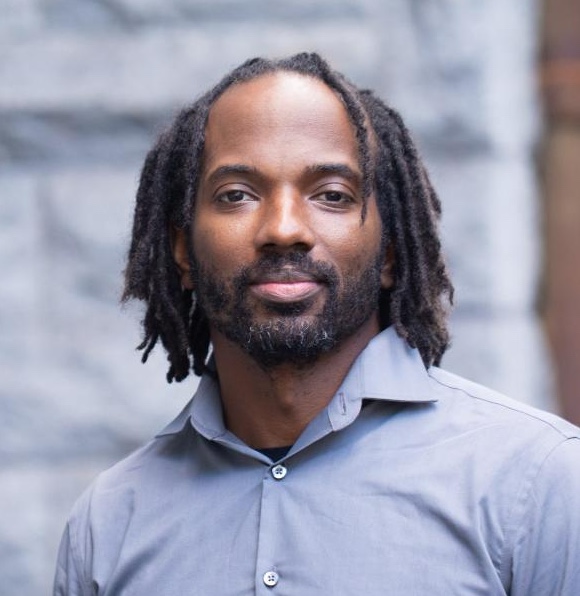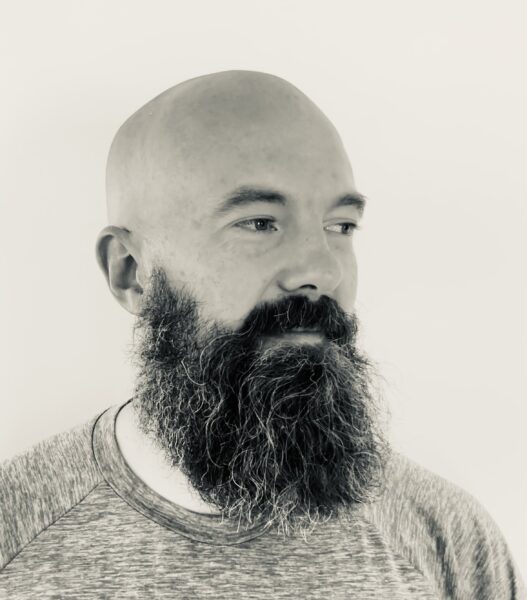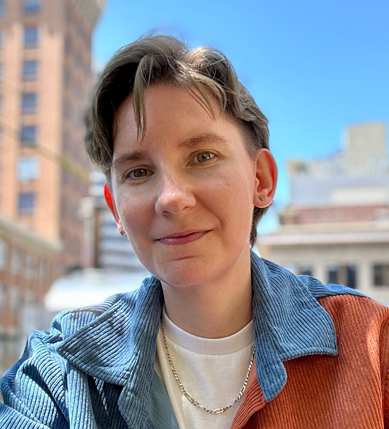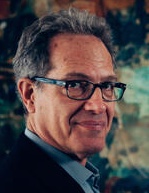REGISTER
As a hub of technological innovation, California is increasingly grappling with complex questions surrounding the influence of technology on society and governance. The rise of powerful tech entities and the rapid advancement of digital technologies are giving way to new forms of control, raising concerns about tech authoritarianism and its impact on democratic processes and communities.
Presented as part of the Social Science Matrix California Spotlight series, this panel will bring together experts to delve into the manifestations of tech authoritarianism, with a particular focus on its emergence and implications within California. Our panelists will explore how certain technological advancements and their proponents are reshaping societal structures, potentially undermining democratic frameworks, and extending their influence across various sectors. The discussion will connect these local dynamics to broader, global trends.
The panel will feature Elijah Baucom, Lecturer in the UC Berkeley School of Information and Director of the Cybersecurity Clinic; Finn Brunton, Professor of Science and Technology Studies at UC Davis; and Lee Crandall, PhD Candidate in Geography at UC Berkeley. James Holston, Professor of Anthropology at UC Berkeley and Director of the Social Apps Lab, will moderate.
Co-sponsored by the UC Berkeley Departments of Anthropology, Geography, Political Science, and Sociology.
Panelists
Elijah Baucom is a digital security and privacy activist positioned at the intersection of tech and humanity. As the Director of the UC Berkeley Cybersecurity Clinic (a public interest cybersecurity clinic), Elijah trains students and partners with them to support social sector organizations that are often more susceptible to ideologically based attacks. Elijah is the founder of Everyday Security, a company that provides enterprise-level Cyber, IT, and Business consulting and solutions to Everyday People and organizations that support them. This often includes social justice organizations, non-profits, co-ops, activists, and individuals. He holds dual Master’s degrees in Business Administration and Telecommunication Systems Management from Murray State University.
Finn Brunton is a professor at UC Davis with appointments in Science and Technology Studies and Cinema and Digital Media. He is the author of *Spam: A Shadow History of the Internet* (MIT, 2013) and *Digital Cash: The Unknown History of the Anarchists, Technologists, and Utopians Who Created Cryptocurrency* (Princeton, 2019), and the co-author of *Obfuscation: A User’s Guide for Privacy and Protest* (with Helen Nissenbaum, MIT, 2015) and *Communication* (with Mercedes Bunz and Paula Bialski, meson press and University of Minnesota, 2019). His articles and papers have been published in venues including *Radical Philosophy,* *Artforum,* *The Guardian,* and *Representations.*
Lee Crandall is currently a PhD student in Geography at UC Berkeley researching new tech cities, technoeconomic development, and the reconfiguration of nature, land, and (multispecies) lives under crypto/tech imaginaries and politics. Prior to starting the doctoral program at Berkeley, Lee was a lecturer at Rensselaer Polytechnic Institute School of Architecture in Troy, NY. Lee is also a licensed architect in New York, where they managed several large-scale projects in public transportation and infrastructure in New York City and Puerto Rico. Their work has recently been published in Progress in Economic Geography, Political Geography, Big Data and Society, and Design and Culture.
James Holston (moderator) is a political anthropologist. His work focuses on the city as a strategic site for the emergence and erosion of citizenship, popular sovereignty, and democracy. He has conducted research projects in Brazil, Denmark, Nicaragua, and the United States. His current work investigates new forms of direct democracy and develops application software for democratic assembly. His books, research articles, and software development engage these issues as an anthropology of critique and experiment. He is a Professor of Anthropology at the University of California, Berkeley, and also founding director of the Social Apps Lab. He has written and edited a number of books, including The Modernist City: An Anthropological Critique of Brasília, Cities and Citizenship, and Insurgent Citizenship: Disjunctions of Democracy and Modernity in Brazil.
View Map



